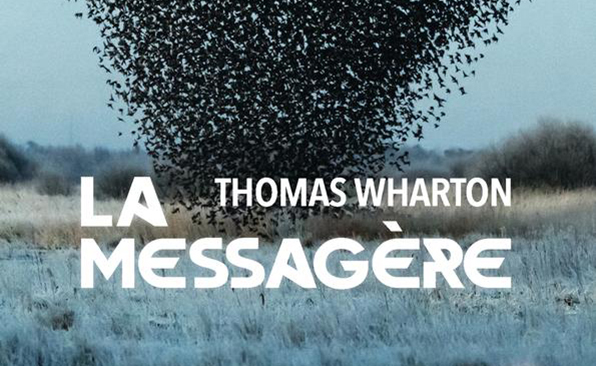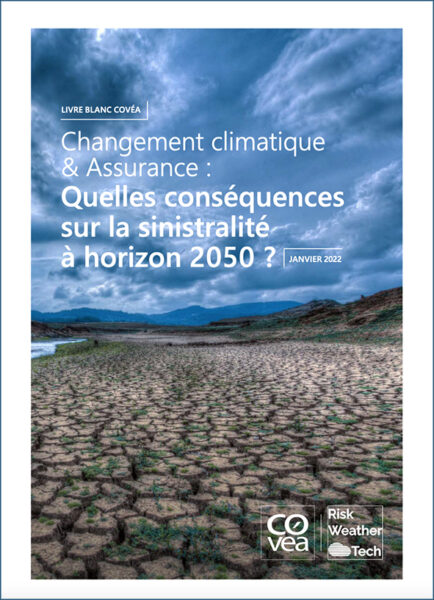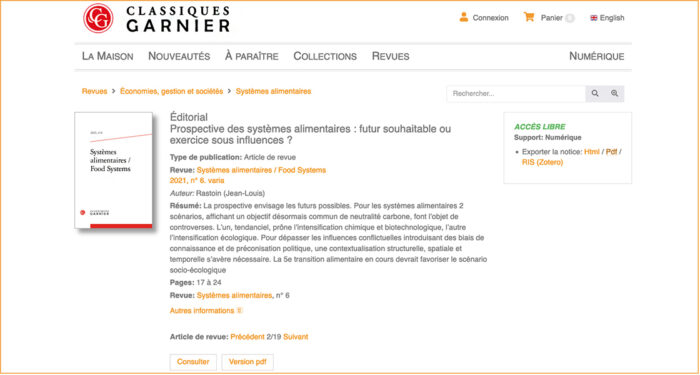With the next Conference of the Parties to the UN Framework Convention on Climate Change (COP) coming up –it is scheduled for late 2015 in Paris– many articles and debates have been devoted to climate issues. However, few of these have examined these questions at the “micro” level. Yet many regions, particularly in France, are already feeling the impact of change (droughts, repeated torrential downpours etc.) and should concern themselves more with the mid-long term consequences of these alterations to the climate. The Adour-Garonne Water Agency, which has charge of water management in the greater South West area, has acted on this issue and carried out a foresight exercise between 2010 and 2013 with a view to adapting the management of water resources to the developments expected between now and 2050. This article reviews this exercise, entitled “Garonne 2050”. Determinedly participatory, the study gives a good indication of the extent of future challenges in this agricultural –and, at the same time, attractive– region recurrently prone to summer droughts.
After reminding us of the exploratory scenarios and quantifications underlying the exercise, the authors present the three strategic scenarios selected, oriented around two key determinants: the shortage of water linked to climate change and water withdrawals for agricultural purposes. They then show what compromise solution they settled on and why, stressing the political courage required for a foresight exercise, whose time-horizon (2050) and conclusions have the potential to seriously trouble the actors and populations concerned.



